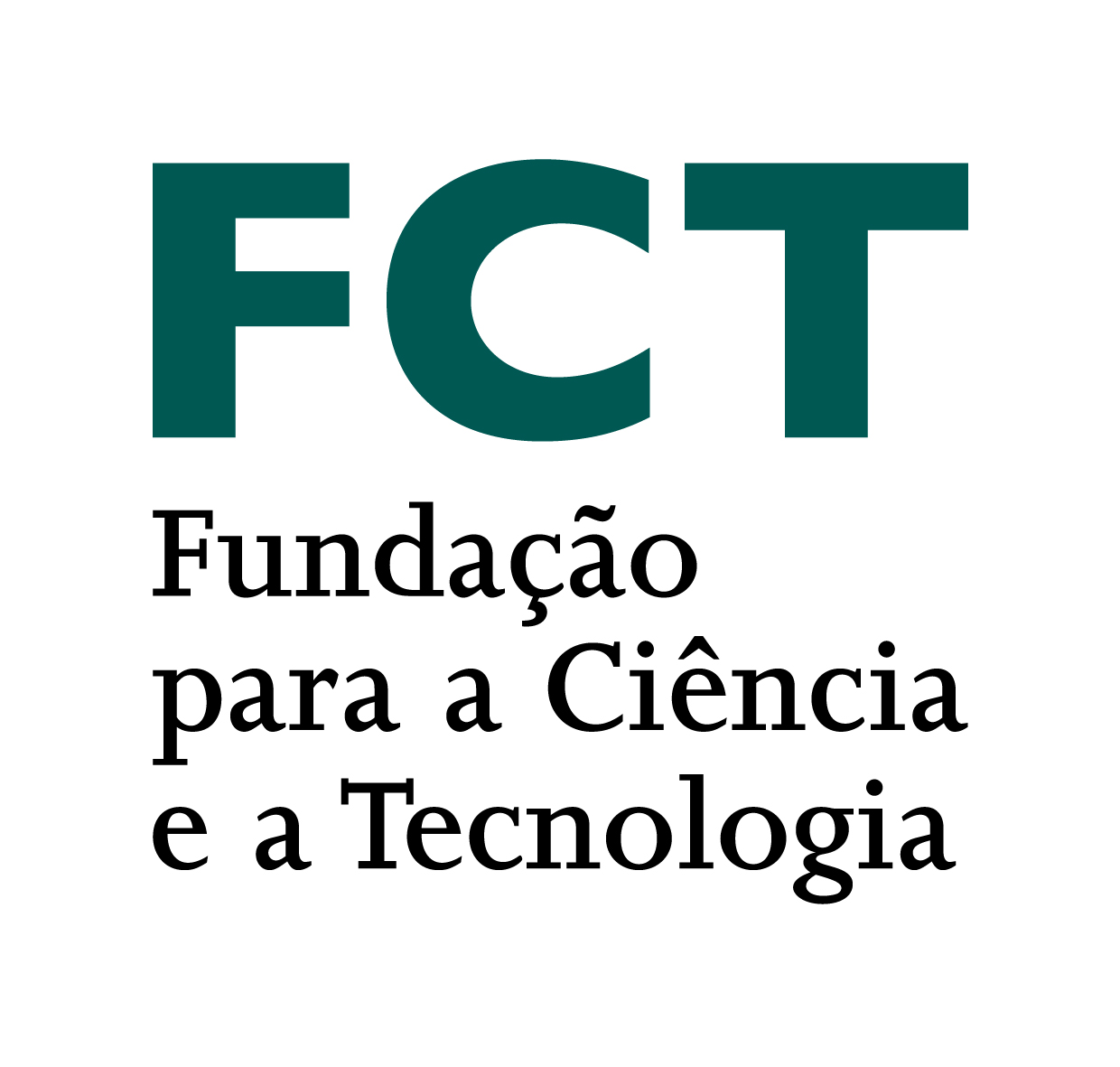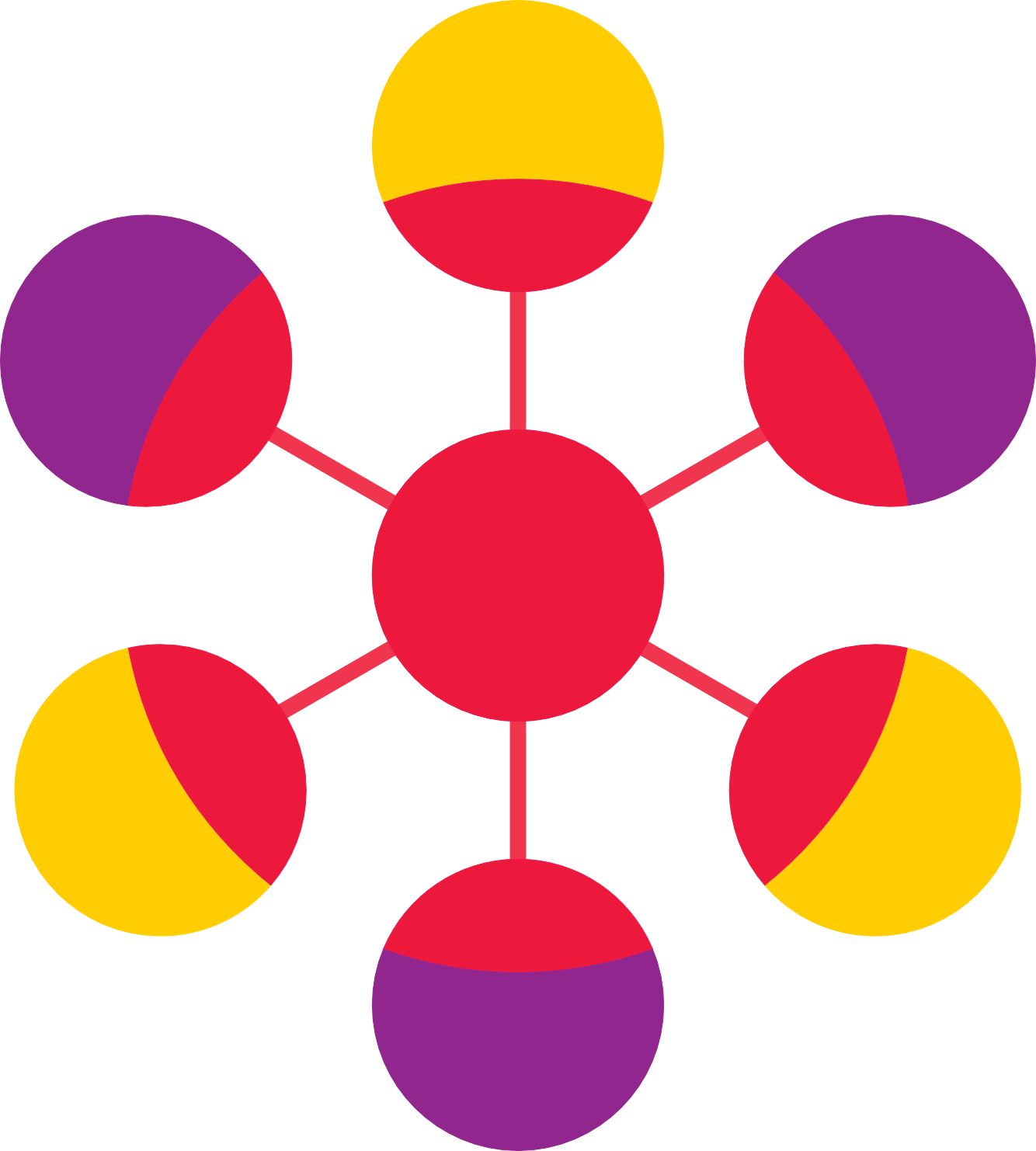Memórias da resistência: A luta armada contra a ditadura em Portugal
Investigadora Responsável
MEMORALU propõe-se a desenvolver um documentário sobre a memória das resistências armadas à ditadura em Portugal. Este trabalho académico e cinematográfico visa abordar um aspeto frequentemente negligenciado da história portuguesa–o papel e impacto da LUAR (Liga de Unidade e Ação Revolucionária), ARA (Ação Revolucionária Armada) e BR (Brigadas Revolucionárias) na luta contra o regime autoritário que precedeu a Revolução dos Cravos. Contrariando a tendência de esquecimento e desvalorização desta parcela da história, MEMORALU tem como objetivo resgatar e a memória coletiva sobre as resistências armadas, iluminando as suas motivações, desafios e o seu legado na sociedade portuguesa contemporânea. No entanto, procura executar este mesmo objetivo tendo em consideração o contexto sociopolítico e a integração estratégica da ação armada num panorama de insurreições, atentados e golpes que atravessa a história da luta de massas contra o fascismo em Portugal.
Addressing ideologically inspired hate crimes: Victims' narratives and unconscious cognitive biases in the criminal justice system
Investigadora
This project aims to enhance knowledge of the increasingly widespread phenomenon of ideologically inspired hate crime, which has been aggravated by the COVID-19 pandemic, representing a direct threat to human rights, peace, and security.
We study the Portuguese criminal justice system context focusing on data collected through interviews with victims of ideologically inspired hate crimes, and through the application of the Implicit Association Test (IAT) to investigative police and legal practitioners to analyse unconscious cognitive bias in criminal justice decision-making.
This project will point to best practices that can be adopted by the criminal justice system, both nationally and internationally,to counter ideologically inspired hate crimes and strengthen societal resilience.
Ultras in Portugal: Narratives of Violence, Politics and Gender
Investigadora Responsável
The rise of political extremes, mostly right-leaning, is the most important European development of the 21st century due to its potential to undermine the continent’s integrity and security. One of the contexts in which such political extremes originate, develop, and thrive is among a group of football fans known as ultras. Ultras have become the most spectacular form of football fandom, showcasing violence, politics, masculinity, and a fervent support of the club, which has been demonstrated by several case studies, undertaken in a variety of settings.
The case study chosen to conduct this analysis was Portugal, where, despite the size of the phenomenon, ultra activism has not received much attention from researchers or policymakers. Over the last two decades, there have been increasing demonstrations of violence related to football fandom, including threats, destruction of public and private property, players’ cars, firm buses, etc.
ULTRA-VIOLENCE’s specific research objectives are:
RO1. To map the themes populating the ultra world and the types of activism in which ultras are involved in through a digital ethnography
RO2. To identify the micro-, meso-, and macro-level processes that shape individual pathways through the ultra world. This will be achieved by examining how football fandom and activism are intertwined in the material and intellectual paraphernalia produced by ultras and by analysing the life stories of current and former, male and female ultras, using the intersectionality of peace framework.
RO3. To understand the policing and securitisation of football fandom in Portugal and their implications regarding processes of radicalisation towards the commission of violence in the ultra community.
RO4. To produce knowledge for practitioner and policymaker audiences at European level to enhance their understanding and appreciation of how to invest in prevention and intervention strategies in the context of ultra violence and ultra activism.
Informação do Projeto
2020-09-01
2021-08-31
Parceiros do Projeto

 English
English



